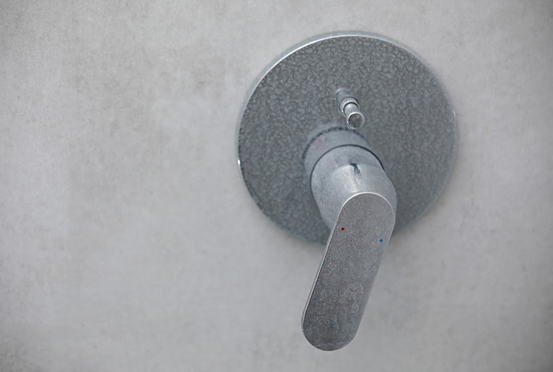
How to Fix Hard Water Throughout Your Home
Although hard water is cloudy and often smells odd, it’s not typically harmful to your health. However, hard water can still be tough on your plumbing and water-using appliances. Here’s how to tell if your Indianapolis home has hard water and how you can fix it.
What Is Water Hardness?
When a high level of calcium and magnesium dissolves in water, it’s called hard water. Hard water can taste slightly bitter and leave deposits on your fixtures, dishes, and laundry. According to the U.S. Geological Survey (USGS), soft water has under 60 mg/L (milligrams of mineral per liter of water) of calcium and magnesium. Moderately hard water has between 60 and 120 mg/L, and very hard water has over 180 mg/L. You can also measure hardness in grains per gallon, with hard water starting at 7–10 grains of mineral per gallon of water. Very hard water has over 15 grains per gallon.
Does Indianapolis Have Hard Water?
Yes, Indianapolis has remarkably hard water. The city’s groundwater has 275 mg/L and averages 12-20 grains per gallon due to the large amount of limestone bedrock in Indiana. We highly recommend a whole-home water softener to deal with Indianapolis water hardness levels.
6 Signs You Have Hard Water
Simply because Indianapolis is known for having hard water may not mean it’s an issue in your home. Look for these indicators to assess whether you need hard water treatment.
Water spots. These cloudy marks can collect on your glasses or silverware. If you use tap water to wash your windows, you might even see them as foggy streaks.
Soap scum. The minerals in hard water make it difficult for soap to lather or wash away. Because of this, you may have soap scum clinging to the sink or bathtub.
Mineral stains. Hard water can leave mineral deposits, forming white, red, or brown hard water lines in the sink or toilet and potentially leaving stains on your clothes.
Low water pressure. As lime and calcium build up on the faucet or in your piping, it limits the water that can flow through and may decrease your water pressure.
Dry skin and hair. The minerals in hard water disrupt the natural pH of your skin and hair, causing them to dry out. In hair, this can lead to tangles, breakage, and a dry, itchy scalp.
Mineral buildup in your cleaning appliances. Hard water scale can decrease appliance efficiency, making it difficult to lather and wash away soap or detergent. Because your washing machine, dishwasher, or other appliance has to work harder, it also reduces the machine’s lifespan.
How to Treat Hard Water
There are ways you can manage the symptoms of hard water. A 1:1 vinegar and water mix cleans many hard water stains in your bathroom and kitchen. You can use clarifying shampoo and a filtered showerhead for hard water to reduce the impact on your skin and hair. In the kitchen, reach for a dishwasher rinse aid to avoid hard water stains on your dishes. Regularly flushing your water heater removes buildup that can restrict water flow.
However, the most effective and long-term solution for treating hard water is a water softener system that can ease the strain on all your water-using devices. It will also give you a break from dealing with the negative effects of hard water on your skin, hair, and plumbing. Installing a water softener can prevent needless repairs in the future.
Hard Water Treatment in Indiana
While there are several ways you can clean up hard water and use special products to avoid the effects, there is only one way to protect your plumbing from the harsh wear of hard water. Installing a water softener treats the heart of the issue, beyond just managing the symptoms. Enjoy crystal-clear dishes, smoother skin, and appliances that run more efficiently and last longer without the excessive need for repair.
Our skilled plumbers at Benjamin Franklin Plumbing of Indianapolis offer fast and efficient soft water installation for your home. Call us at (317) 316-3261 or book an appointment online to get started.
